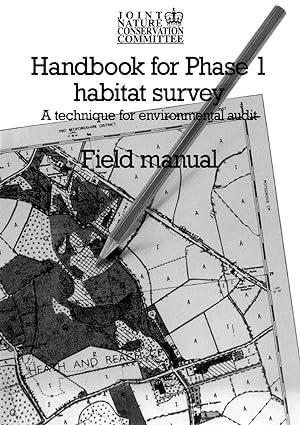Question
A clothing company is planning its winter pricing. One popular line of quarter-zip sweatshirts sells for $98. The products hit the stores at the beginning
A clothing company is planning its winter pricing. One popular line of quarter-zip sweatshirts sells for $98. The products hit the stores at the beginning of September and sell through Christmas (assume 120 days). After that time, they are discounted to $39 for clearance and sell out. The planned inventory is 2,500 units. Last year, an average of 12 units per day were sold at the full retail price. A Columbus Day sale (40 days into the selling season) reduced the price to $79 and increased sales to an average of 30 units per day. A Black Friday sale (90 days into the selling season) with a price of $69 increafed sales to an average of 40 units per day. For the coming year, the company is considering permanent reductions starting with the Columbus Day sale until Black Friday, and then from Black Friday until the after-Christmas clearance. Develop a spreadsheet model to evaluate their revenue under the following scenarios
PLEASE USE EXCEL
a)No price reductions at all until the after-Christmas clearance
b)A price reduction to $79 starting at Columbus Day until Black Friday and then a sale price of $59 until the after-Christmas clearance
c)A price reduction to $69 starting at Columbus Day until Black Friday and then a sale price of $59 until the after-Christmas clearance
Step by Step Solution
There are 3 Steps involved in it
Step: 1

Get Instant Access to Expert-Tailored Solutions
See step-by-step solutions with expert insights and AI powered tools for academic success
Step: 2

Step: 3

Ace Your Homework with AI
Get the answers you need in no time with our AI-driven, step-by-step assistance
Get Started


